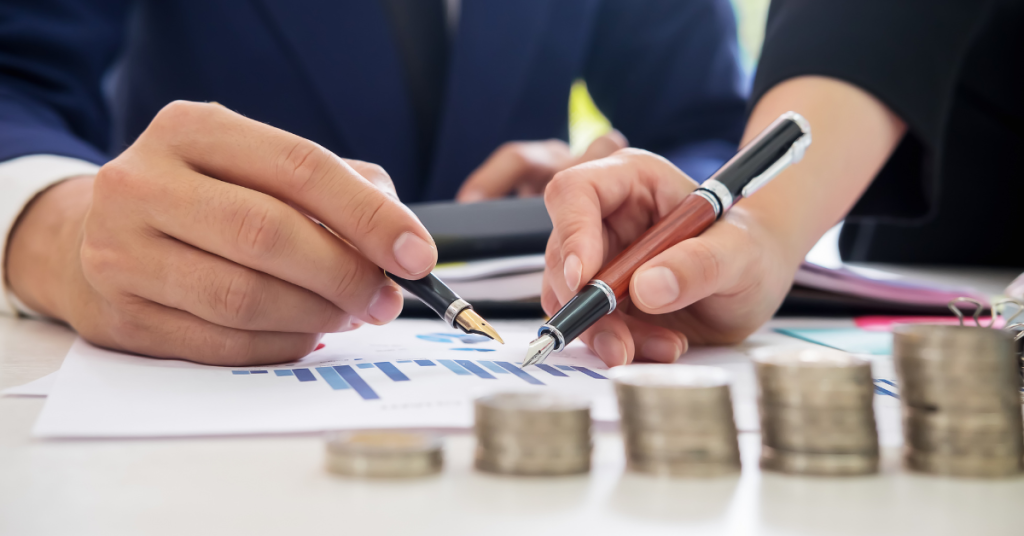Jesse James Cooley Llamado’s résumé reads like a textbook success story: an accounting degree, a finance background, and a Registered Financial Planner (RFP) license. Yet for years his own bank account told a different story.
“I could analyze balance sheets for clients all day,” Llamado says, “but when it came to my own money, I was broke.”
That disconnect—high technical skill, low personal liquidity—illustrates a blind spot many professionals share. It’s not a shortage of knowledge; it’s the absence of behaviors that turn knowledge into results.
Technical Knowledge Meets Emotional Reality
Financial theory explains debt ratios and cash-flow projections, but it rarely addresses the emotions behind a late-night online purchase or a lifestyle upgrade after a small raise. “Money is emotional,” Llamado explains. “When salary hits the account, values—not spreadsheets—decide where it goes.”
He discovered this the hard way. Fresh out of college with a ₱10,000 monthly salary, rent and restaurant outings consumed nearly every peso. The numbers never added up, despite his ability to crunch them.
The Turning Point: Tracking Behaviors, Not Just Budgets
The breakthrough arrived when Llamado took the RFP program—while still in the red. The coursework forced a weekly ritual of logging expenses, reviewing goals, and creating a personal balance sheet. “Seeing the pattern on paper was brutal,” he recalls, “but it showed exactly why nothing stayed in my wallet.”
That exercise birthed a habit: tracking every peso. The data revealed small leaks—impulse tech gadgets, endless ride-hails, unplanned dinners—that drained future savings. “Technical knowledge told me how to budget,” he says, “but tracking showed why I never did.”
Discipline: The Missing Skill Most Courses Skip
Llamado now calls discipline the most underrated asset in personal finance. “People chase high returns or crypto tips,” he notes, “yet ignore the habit that keeps gains from evaporating.”
He built discipline with two tools:
Weekly cash-flow check-ins. Every Friday, income and expenses go under a microscope.
Monthly personal financial statements. Assets, liabilities, and net worth updates reveal progress—or slippage.
Within a year, discretionary spending plummeted and surplus cash emerged for an emergency fund. The technical skills finally had a behavioral engine.
Mindset Shift: From Scarcity to Purpose
Childhood memories of hearing kulang (never enough) and utang (debt) conditioned Llamado to expect shortage. A friend’s recommendation of Robert Kiyosaki’s Rich Dad, Poor Dad reframed that narrative.
“The book proved money is a tool, not the trophy,” he says. “When mindset grows, money follows.”
Defining a purpose—for Llamado, educating Filipinos on financial literacy—helped override scarcity thinking. “Once a mission is bigger than the money, discipline feels less like sacrifice and more like alignment,” he explains.
Service First, Profit Second
Armed with new habits, Llamado offered free financial plans to friends. Coffee and bread were the only payments. Paradoxically, the pro-bono work built credibility that later attracted paying clients.
“Money became a by-product of helping,” he says. “When people trust your discipline, they trust you with their finances.”
Teaching seminars at universities and companies reinforced his own learning. Each Q&A session forced practical answers—and kept personal habits sharp.
Lessons for Professionals and Beginners Alike
Track before you tweak. Budget apps or simple spreadsheets expose spending leaks faster than any investment tip.
Automate self-audits. Weekly and monthly reviews turn discipline into routine.
Tie money to mission. A purpose larger than lifestyle upgrades sustains long-term motivation.
Share knowledge early. Teaching forces clarity and opens unexpected income streams.
Final Word: Knowledge Needs a Behavioral Engine
Technical skills remain vital—calculating returns, assessing risk, optimizing taxes—but without disciplined action, they stall. “Information is potential,” Llamado says. “Behavior turns it into progress.”
By pairing rigorous self-tracking with a mission-driven mindset, financial expertise finally translated into tangible wealth. It’s a formula any professional can replicate: knowledge + discipline + purpose = lasting financial health.
![]()



